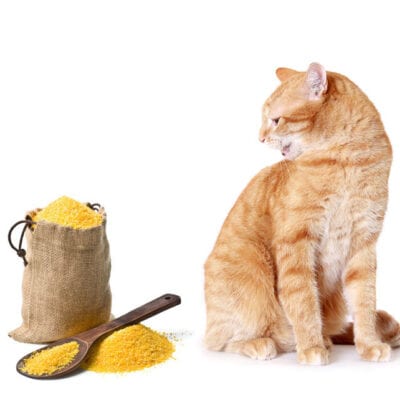
So, yes, we should seek grain-free foods for our cats, but a “grain-free” designation is just a starting point for good cat nutrition.
Why grain-free food for our cats?
Written by Laurie Goldstein - This article reflects Laurie's personal views on cat nutrition.
Cats are Obligate Carnivores.
That means they are an animal that has evolved to derive all of their needed nutrition from only eating other animals.
Cats were domesticated by ancient farmers who valued their ability to hunt rodents.
As agriculture developed in the Middle East, cats became an invaluable partner to humans.
Cats weren’t eating the grain: they were eating the animals that did.
And things have not changed.
According to the PetMD website,
...now 'domesticated', our pets have not evolved rumens along their digestive tracts in order to ferment cellulose and other plant material, nor have their pancreases evolved a way to secrete cellulose to split the cellulose into glucose molecules, nor have dogs and cats become efficient at digesting and assimilating and utilizing plant material as a source of high quality protein. Herbivores do those sorts of things.
A Short History of Grain-Free Marketing
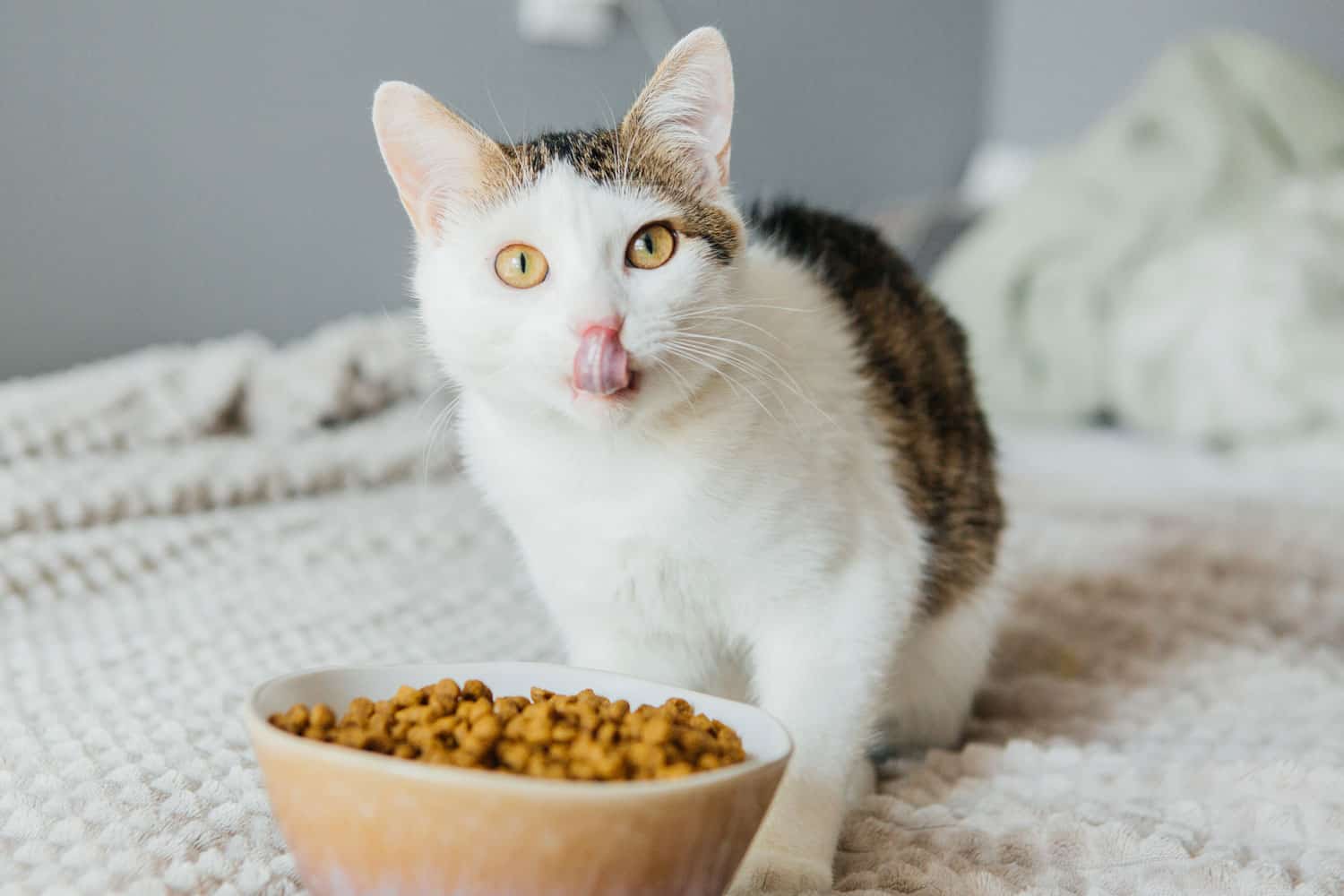
While some high protein diets existed prior to the introduction of "grain-free" foods, the average dry pet foods contained just 18% - 24% protein, with up to 75% carbohydrates.
In many dry foods, the bulk of the protein came from non-animal sources like corn or soybeans.
These diets may have met AAFCO's minimal nutrient requirements but they were far from ideal nutrition for carnivores, let alone our little purring predators.
After the introduction of the first grain-free pet foods, the ratio of protein-to-carbohydrates changed.
Grain-free diets were typically formulated with 30% or more animal-based proteins and far fewer carbohydrates.
The characteristic that originally made grain-free kibble unique was the higher level of protein, derived from carnivore-appropriate animal ingredients.
While some cats may have “allergies” to grains (or develop them), it is the high animal-based protein, low carbohydrate ratio that should be a primary focus when searching for the healthiest option for our cats.
SIGN UP FOR THECATSITE'S EMAIL UPDATES >
So why is grain-free just a starting point in identifying a healthy cat food?
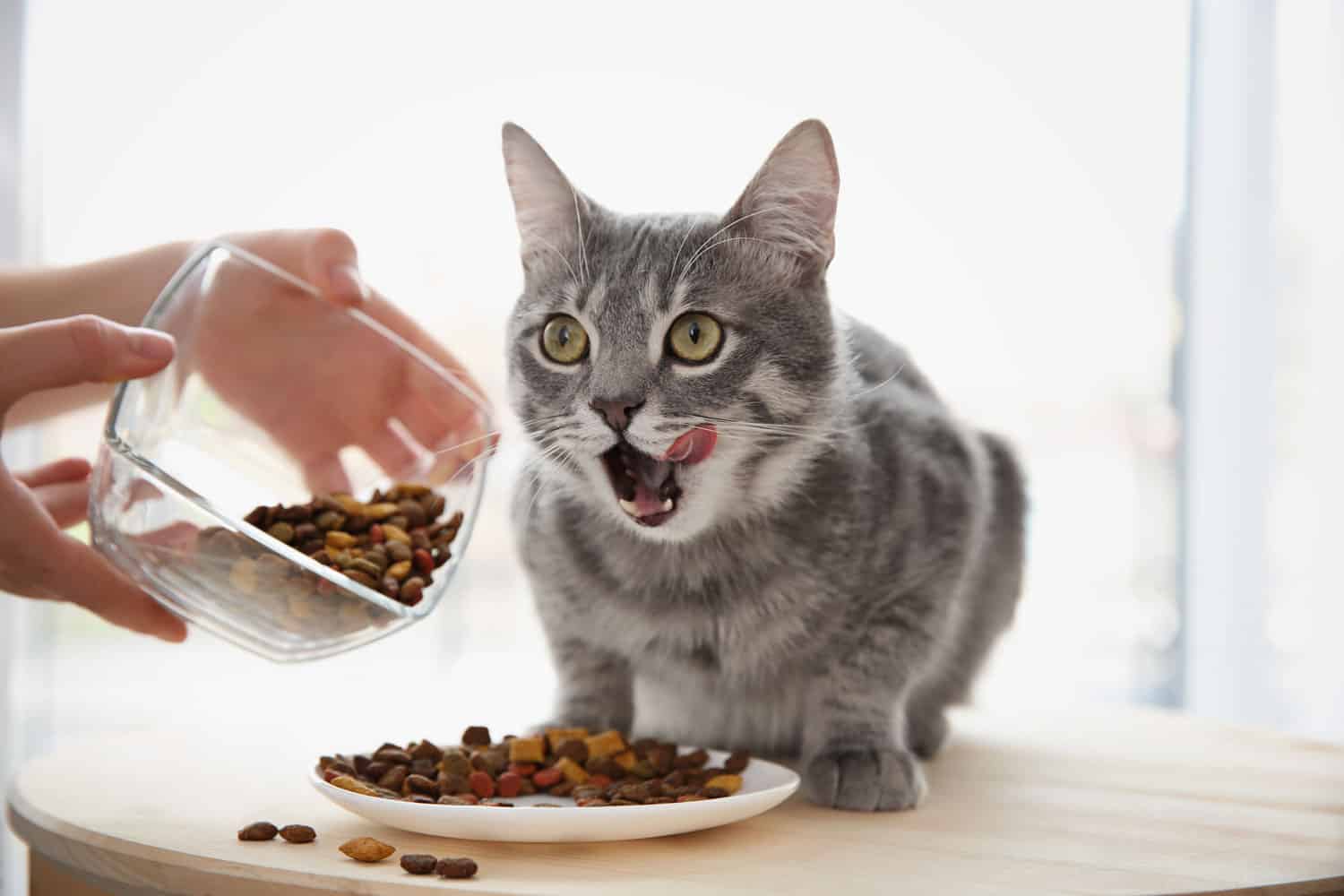
Grains are indeed a chief culprit when it comes to carbohydrates, but cat food manufacturers get away with being able to market a "grain-free" food that still has too many carbs.
They do this by adding legumes and other plant-based ingredients that are not derived from grains.
Why do they do that? Cost, plain and simple.
Meat and meat by-products cost more than plant-based ingredients. Cat food needs to be affordable, and companies want to make a profit.
Cat food can be labeled “grain-free” yet still contain a high level of carbohydrates.
Whether that starch comes from corn (a grain) or soy or peas (legumes), it increases the carbohydrate content of the food.
Some pet food companies increase their profit margin by riding the “grain-free” marketing wave without actually providing food that is carnivore-appropriate.
An analysis of cat food conducted in 2012, covering 48 different types of kibble (including 19 “grain-free” formulas of dry food), 40 brands of canned food (including 16 “grain-free” formulas), and 13 brands of commercial raw cat foods made it quite clear that the consumer cannot rely on “grain-free” to mean carnivore-appropriate.
Bear in mind, the natural diet of a cat contains just 2.8% carbohydrates.
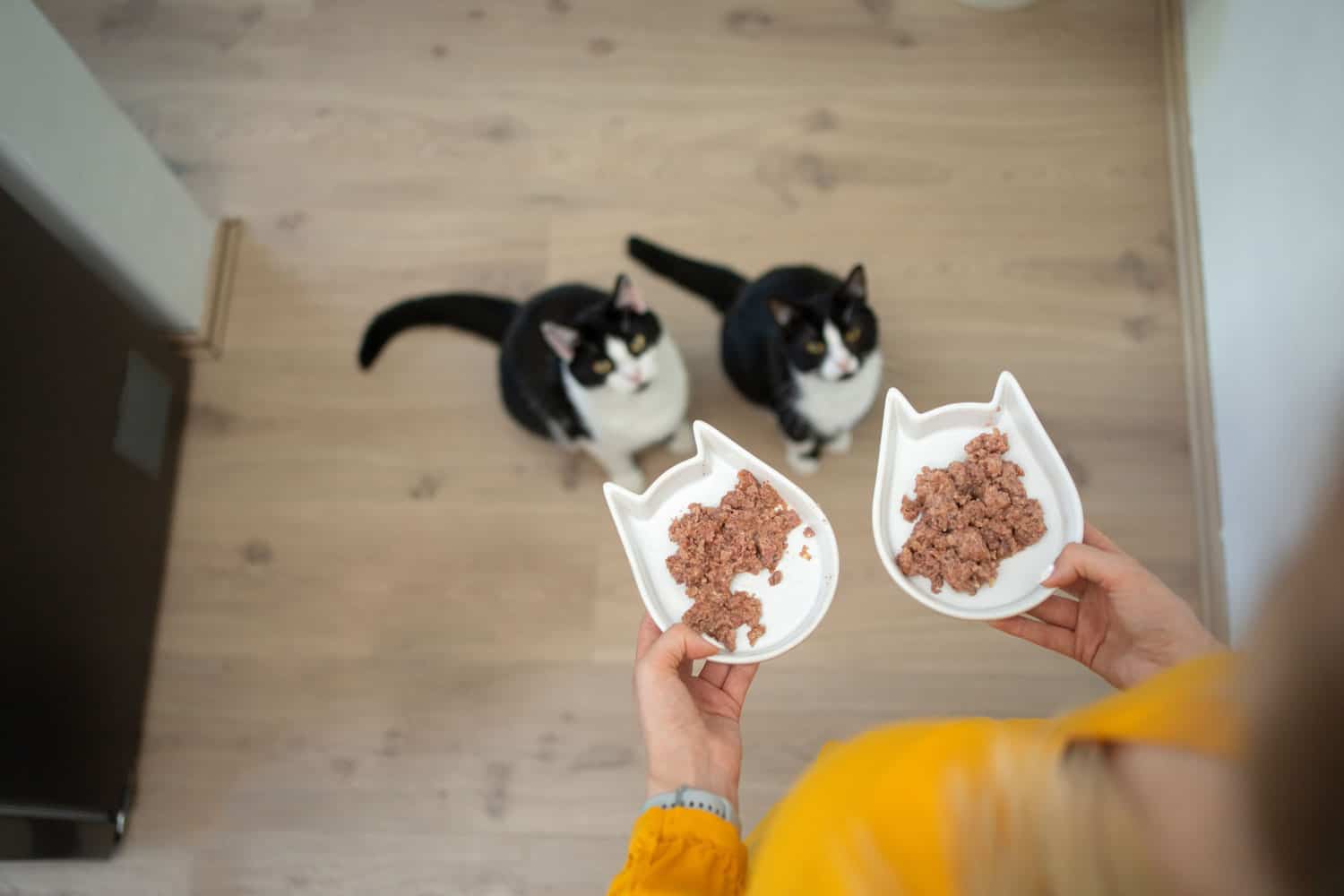
Dry Foods:
- The average carbohydrate content of the 48 dry food brands was 27.8%
- The average carbohydrate content of the grain-free kibble was 22.4%
- The dry food brands not marketed as grain-free ranged from 22% carbs to 43%
- The grain-free dry food brands ranged from 7% carbs to 42%
Canned Foods:
- The average carbohydrate content of the 40 canned food brands was 13.1%
- The average carbohydrate content of the 15 grain-free canned foods was 12.5%
- The canned food brands not marketed as grain-free ranged from 2% carbs to 30%
- The grain-free canned food brands ranged from 2% carbs to 22%
Raw Foods:
- The average carbohydrate content was just 2.7%
- The commercial raw food brands ranged from 0.5% carbs to 8%
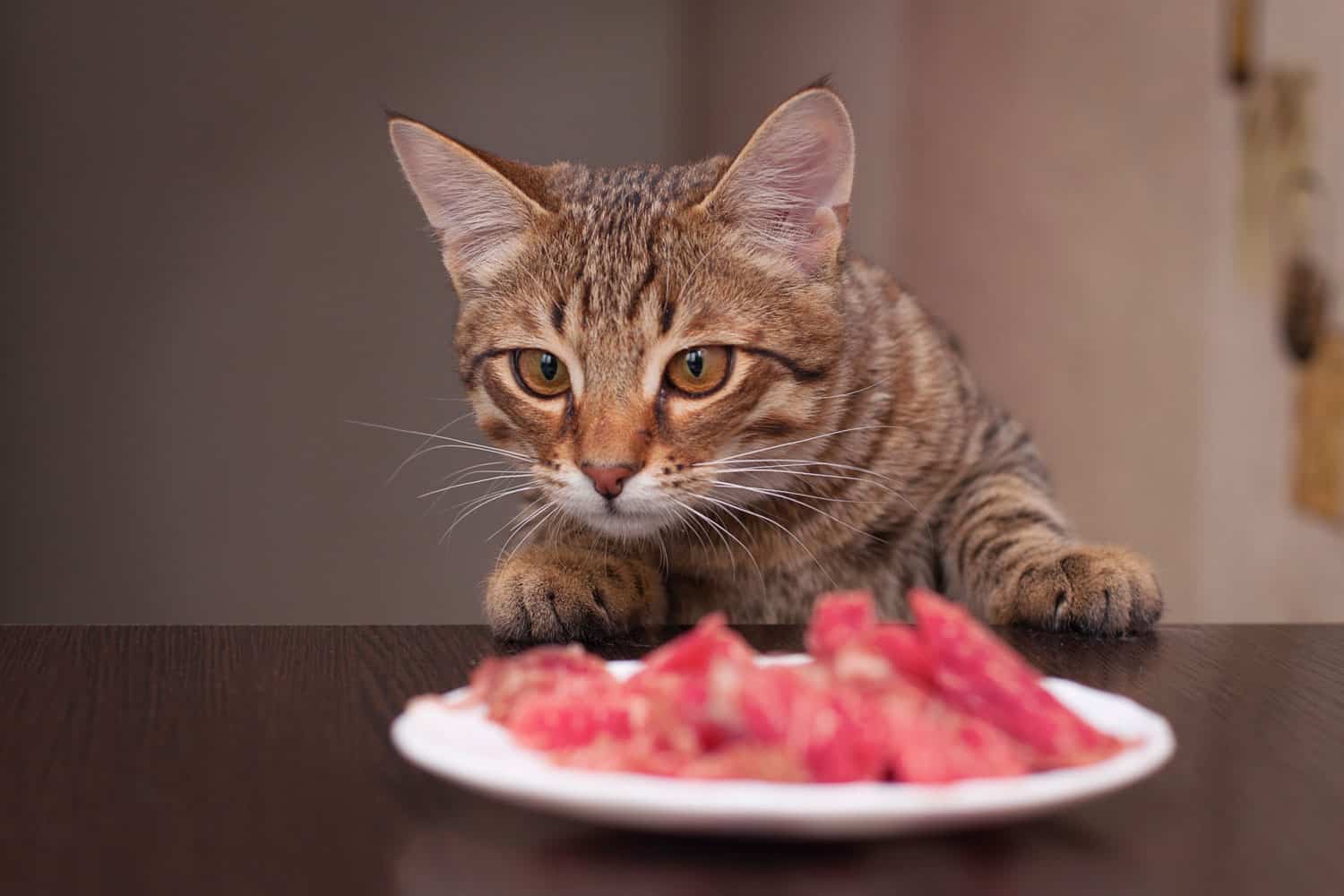
As you can see, quite a few of the grain-free foods have carbohydrate content that is significantly higher than that recommended for cats.
So “grain-free” is a good starting point in identifying foods appropriate for our cats: but the designation alone is not enough to determine if the food provides their optimal nutrition.
SIGN UP FOR THECATSITE'S EMAIL UPDATES >
Written by Laurie Goldstein
Laurie Goldstein is a CFA Charterholder. In addition to her work as an equity analyst, she applies her research skill to all things cat, focusing on nutrition and advocacy for feral cat management via trap-neuter-return (TNR) and educational research on cat predation. Learn more about feral cats on her website Stray Pet Advocacy.
Comments? Leave them using the comment section below. Questions? Please use the cat forums for those!
Note: We may get commissions for purchases made through links on this page.

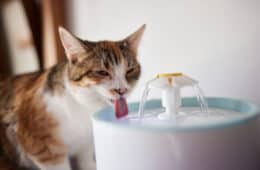
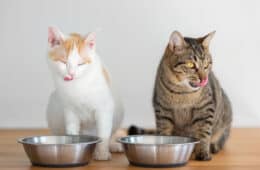
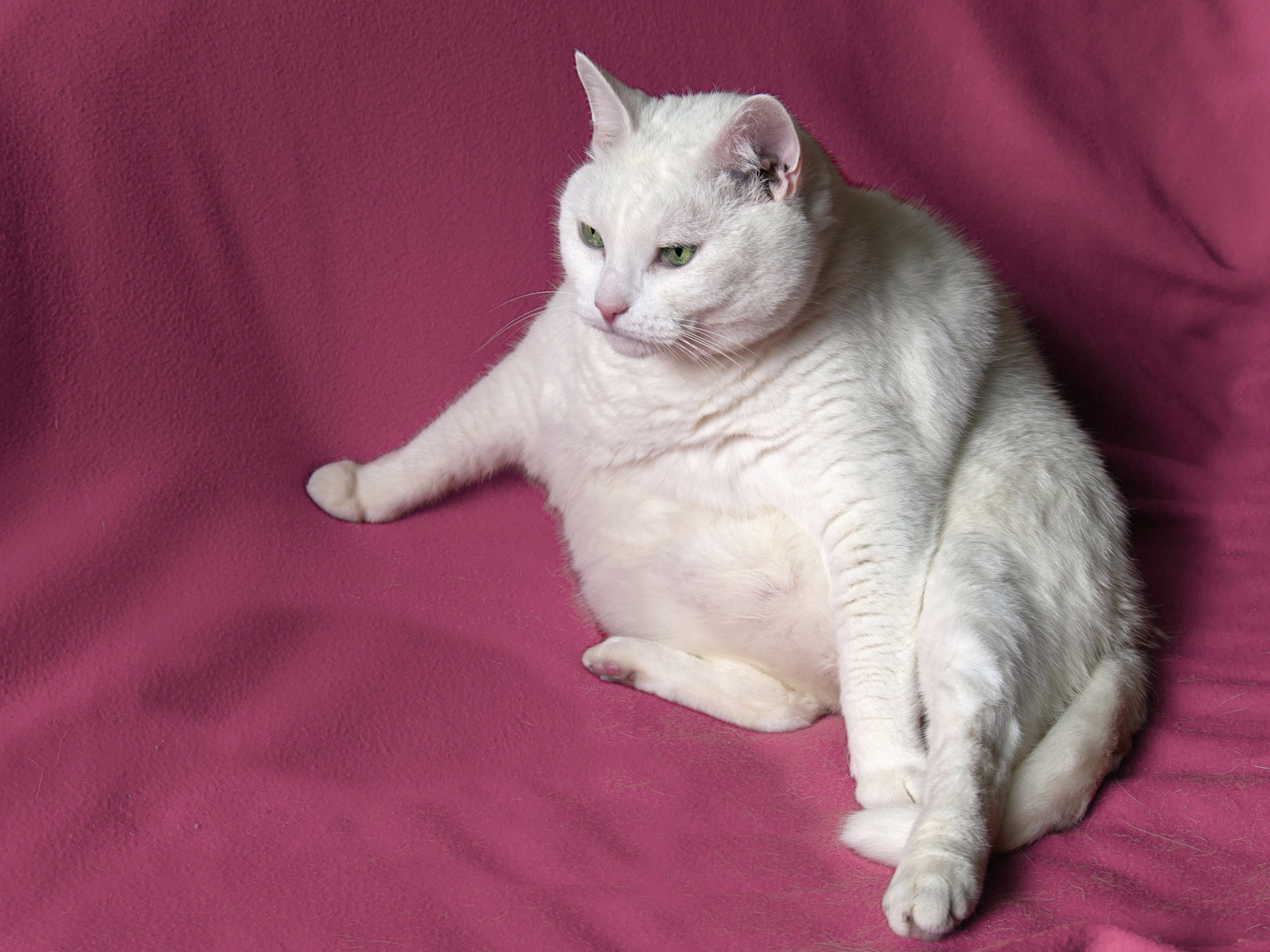
12 comments on “Grain-free Cat Food – What Does It Mean?”